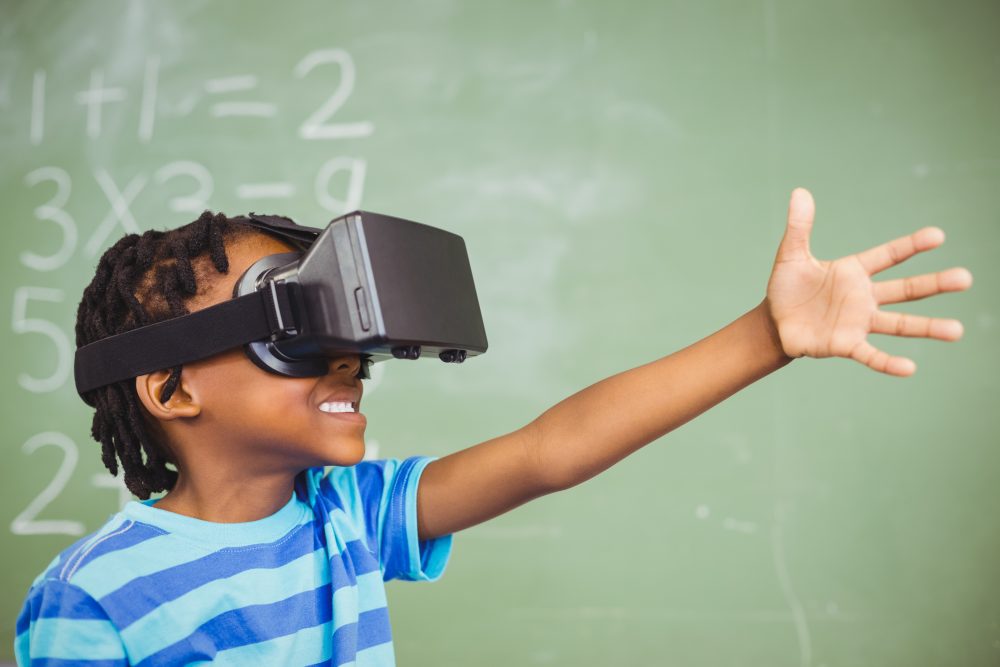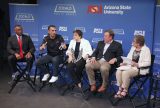
Image courtesy of Adobe Stock.
American higher education reinforces inequality. Can interactive technologies, applied to learning, change that? Unlimited information is now accessible almost anywhere, and the finest university courses in the country can be taken by rural kids too poor to afford college. Unemployed Detroit auto workers have the opportunity to experience immersive education, personalized to their retraining needs, via virtual reality. But the rise of digital learning has challenged assumptions about academic hierarchy, teaching practices, and the cost structure of education—triggering a backlash from scholars who fear the loss of jobs and status. Which technologies can democratize learning and facilitate social mobility? What steps should be taken to make sure technological advances serve those previously left behind by the education system, instead of reinforcing a polarized America’s divisions of wealth and income? Arizona State University president Michael Crow, retired superintendent of the Coachella Valley Unified School District Darryl Adams, University of Maryland University College Provost Marie Cini, and Chief Education Evangelist at Google Jaime Casap visit Zócalo to discuss the promise of technology for remaking America’s class system.
The Takeaway
Yes, Classroom Tech Can Tackle Inequality—but Change Takes Politics and Patience
Digital Education Is Lifting Students While Challenging Academics and Silicon Valley
Even as digital technology has grown exponentially more sophisticated, accessible, and integral to our lives, social inequality has cast a deeper shadow across the United States in recent decades. Simultaneously, …






